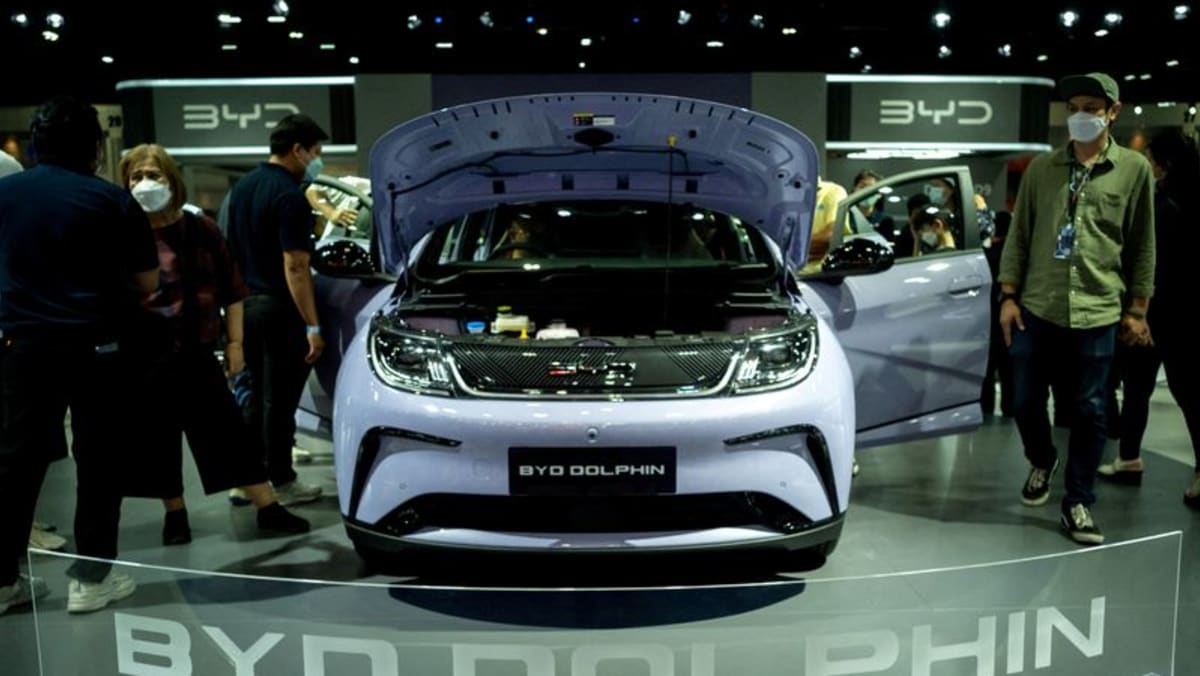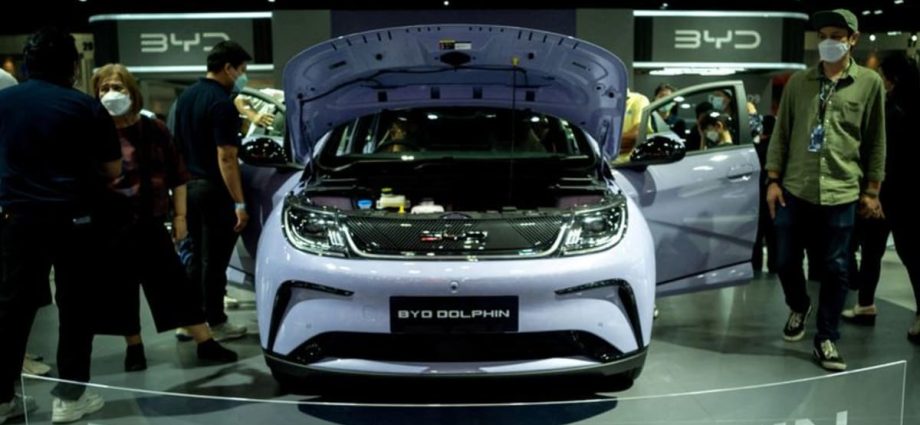
Second, lessons tell us that Chinese investments can easily get caught in crossfire in the domestic politics of the countries where they set up, to be made scapegoats and harshly criticised for political mileage. In the United States, upcoming EV battery factories by China’s Gotion High-Tech in the states of Michigan and Illinois are seen as an economic blessing by their Democratic governors but described as a “Trojan horse” by Republicans.
To what extent the Chinese government is willing or capable of using EVs and EV-related investment as an economic statecraft is also a question, and whether it will risk pushing Southeast Asian countries to take sides amid the intensifying US-China rivalry.
STAYING AHEAD OF THE PACK
At a time when climate change is on many national and global agendas, China could well leverage its EV dominance and other clean energy investments to win over partners. Many countries in the Global South, especially Southeast Asian states, have adopted EV promotion policies and vowed to develop a greener society.
Indeed, Chinese EVs have been getting more and more attention abroad. Analysts estimate that Chinese outbound foreign direct investment in EV-related industries is likely to have set a new record high in 2023 and expect Chinese EVs to double their global market share by 2030.
However, to what extent China’s EV boom will mean the growth of its soft power in Southeast Asia, and even the world, depends on how China copes with three challenges: How it transforms and optimises domestic EV policies; how it can make EV outbound investment the consensus across governing and opposition parties in the hosting countries; and last but not least, how China deals with the rapid internationalisation of its EV companies in the face of increasing geoeconomic and geopolitical competition with the West.
Xirui Li has a PhD from the S Rajaratnam School of International Studies, Nanyang Technological University, Singapore and is a research fellow in think tank Intellisia Institute.

